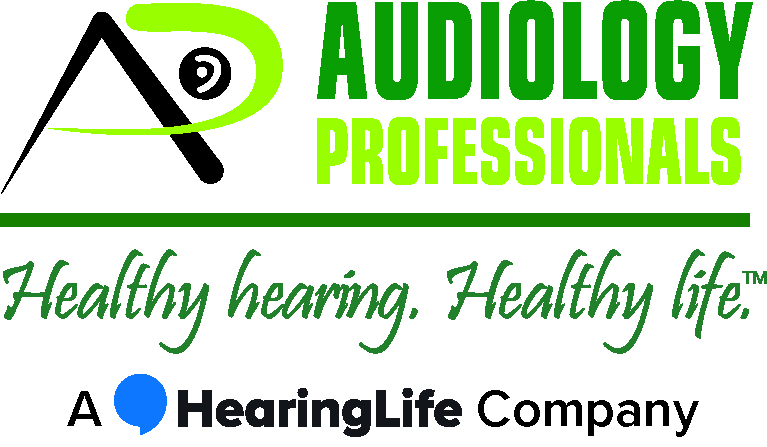What You Should Know about OTC Hearing Aids
It’s estimated that approximately 1 in 3 Americans over the age of 65 experience hearing loss. This rises to almost 50% of adults over the age of 75. Hearing aids are a potential option for millions of Americans with a hearing impairment. Yet, the National Institute on Deafness and Other Communication Disorders (NIDCD) reports that many who could benefit from hearing aid devices unfortunately do not use them.
Cost is often a prohibitive factor for many. Top of the line hearing aid devices can be costly. They are, in effect, mini-computers that have significant benefits to the wearer.
Over-the-counter, or OTC, hearing aids are a new category of hearing aids. They aim to open up a more affordable hearing aid device for millions. From mid-October 2022, consumers will be able to buy OTC hearing aids online and in-store. Additionally, there is no need to visit a hearing specialist before buying one.
We understand that you may have a lot of questions around these new hearing devices. Today, we’re looking at X Things To Know about OTC Hearing Aids.
Background on OTC Hearing Aids
Senator Elizabeth Warren was one of the first champions of OTC hearing aids. In 2016, she co-published a viewpoint with Chuck Grassley in the respected medical journal JAMA Network. The article highlighted the importance of opening up hearing aid devices to the wider American population.
It underlined difficulties people faced in trying to purchase hearing aid devices. Additionally, it pushed the Food and Drug Administration (FDA) to update regulations around OTC hearing aids.
Recently, Congress passed legislation that required the FDA to allow the sale of OTC hearing aids without needing a prescription. This was then followed by an executive order, signed by President Joe Biden in June 2021. The order instructed the Health and Human Services Department to improve the availability of low-cost hearing aid devices.
By October 2021, the FDA had received and reviewed thousands of comments from health organizations, advocacy groups and patients on proposed OTC rules. The final rule, which opened up access to OTC hearing aids, was published on August 16, 2022. It’s anticipated to go into effect mid-October of 2022.
More About OTC Hearing Aids
There is no doubt that opening up hearing solutions to millions of Americans has the potential to be life-changing for many. Some of the benefits of OTC hearing aids include:
- Easily accessible
- Potentially less expensive
- One-size-fits all
This last benefit is also one of the biggest drawbacks of over-the-counter hearing aids. Hearing loss is not a one-size-fits all condition. People will experience different levels of hearing impairment, at different frequencies, in different environments. The unique nature of people’s hearing loss means that their hearing aid requirements are equally unique.
If you wear glasses, you already know the importance of visiting your optometrist each year. While we think we may be seeing optimally, it’s not until we try on the new pair of glasses that we realize how much of a difference small adjustments can make.
Hearing loss is similar. Over time, your hearing loss can change. Working with a hearing healthcare specialist allows closer monitoring of your hearing impairment. It also ensures that the hearing aid device you’re fitted with matches your requirements. Unfortunately, OTC hearing aids do not offer this.
Need Help? Contact Us Today!
OTC hearing aids can offer a more accessible solution for millions. But there really is no better alternative than visiting your local hearing healthcare professional. They will be able to assess your hearing loss and fine-tune your hearing aid device to your individual needs.
If you’d like to speak to one of our hearing care experts, contact Audiology Professionals today. Our team would be happy to help. Call us today on (541) 228-9233. Alternatively, click here to contact us online.
